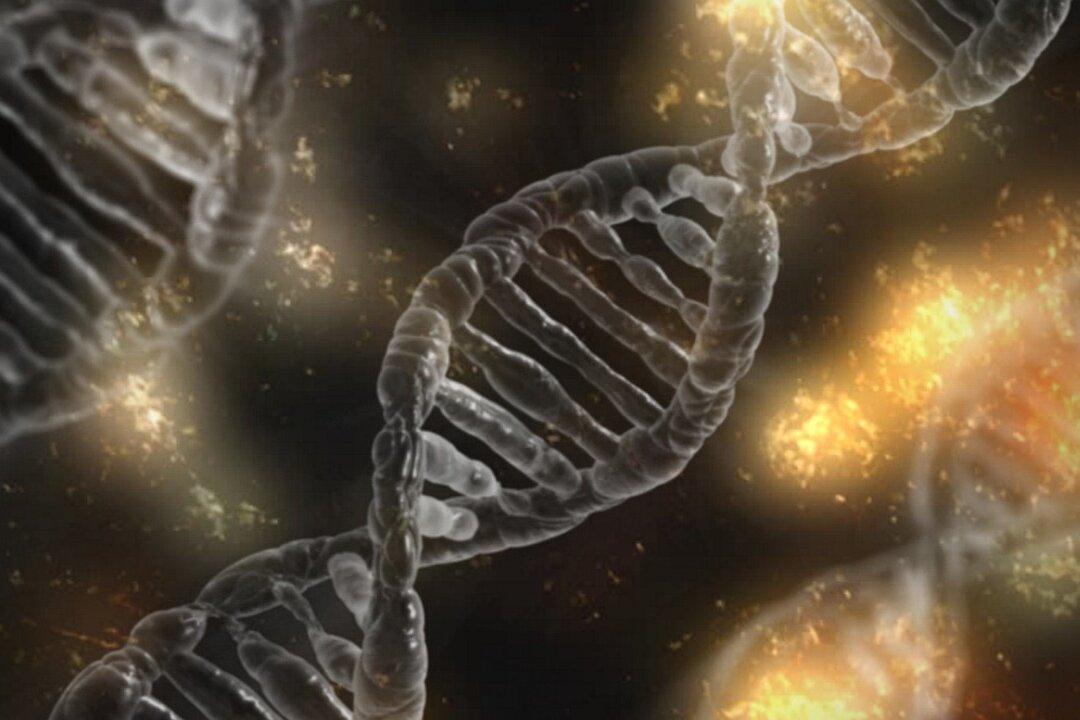Rwanda is planning to create a country-wide DNA database that will collect samples from all 12 million of its citizens, in what will make it the first of its kind in the world.
The proposal was announced by Rwanda’s Minister for Justice and Attorney General Johnston Busingye who said the move is a bid to tackle crimes such as murder, defilement, and rape in the country, the Independent reported.





